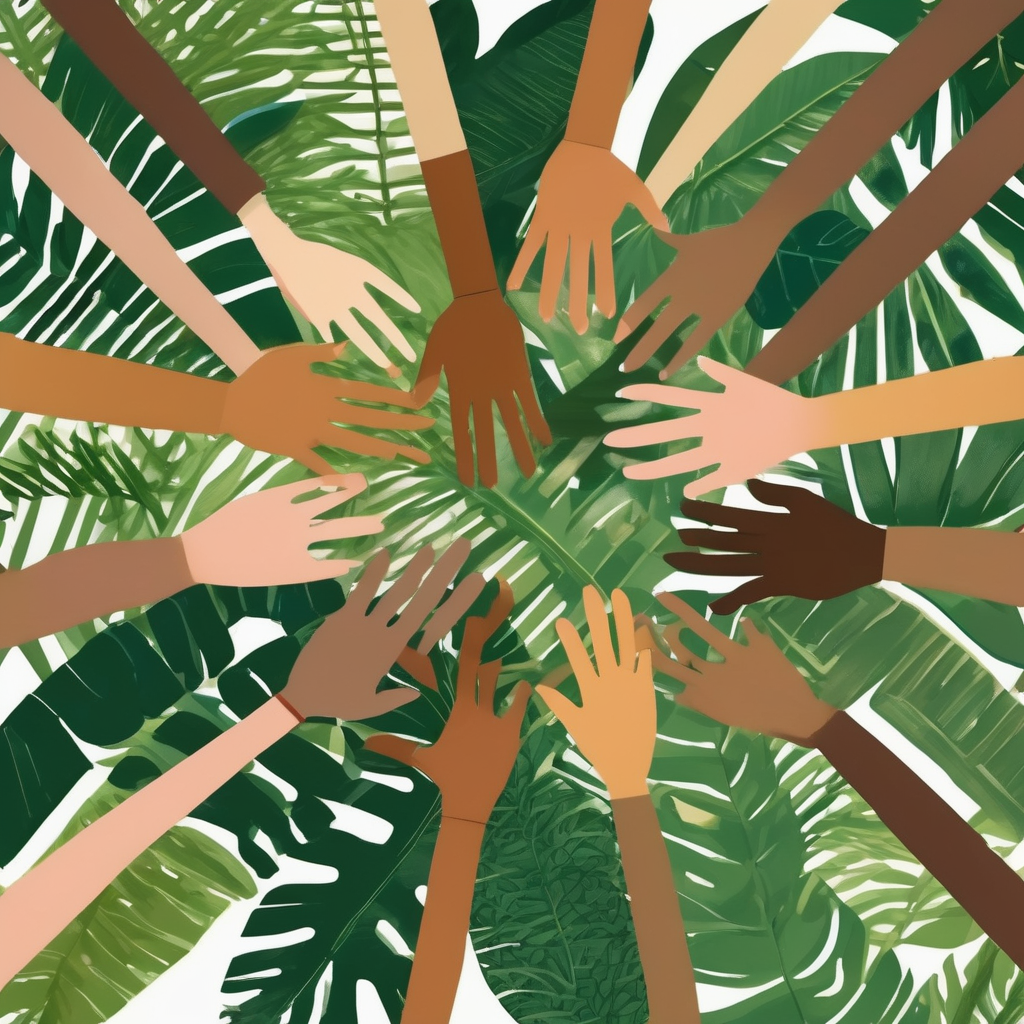The Executive Director of the Pacific Islands Association of Non-Governmental Organisations (PIANGO), Emeline Siale Ilolahia, emphasized the necessity for enhanced collaboration between governments and civil society to foster a more effective and inclusive humanitarian response across the Pacific. Her remarks were made at the 2nd Pacific Disaster Risk Management Ministerial Meeting held in Palau, where she underscored the invaluable role that Pacific communities play as first responders in times of disaster, despite facing resource constraints.
Ilolahia pointed out that although these communities often lack the necessary resources, they are the ones who respond immediately when disaster strikes, often at great personal loss. “We don’t have the resources or the power, but time and again, it is our people who are the first responders — the same people losing their homes and livelihoods,” she stated. She called for a shift in recognition of civil society’s role, asserting it as a crucial partner in humanitarian efforts rather than a mere adjunct.
Civil society organizations (CSOs), according to Ilolahia, perform significant functions such as advocating for accountability, addressing decision-making disparities, and enhancing regional responses. She noted that many CSOs collaborate directly with governments to provide vital services and urged for established frameworks that ensure sustainable partnerships and appropriate resourcing for disaster risk management.
Ilolahia’s call to action included a plea for governments to adequately fund disaster risk management in their national budgets. “Our budgets come from the pockets of our people,” she remarked. It is essential, she argued, that communities have a clear understanding of how resources are allocated, including the financial support directed toward disaster preparedness and response.
In addition, Ilolahia highlighted PIANGO’s initiative to create a Regional CSO Accountability Framework, aimed at ensuring civil society meets the same transparency standards it expects from governments and regional bodies. She encouraged a “reimagining of solidarity and cooperation,” proposing that leaders view civil society as equal partners in policy development rather than merely charity entities.
Successful initiatives from countries like Fiji were noted as examples where women-led community responders have been recognized as pivotal figures in local disaster management. Furthermore, Ilolahia urged the establishment of new regional humanitarian coordination mechanisms that complement, rather than duplicate, existing frameworks like the Framework for Resilient Development in the Pacific (FRDP), in which civil society has already been significantly involved.
The ministerial meeting assembled leaders, regional agencies, and development partners to assess progress on disaster risk management and reaffirm the Pacific’s commitment to resilience and community-driven actions. This collaborative spirit offers hopeful prospects for enhancing disaster preparedness and fostering regional solidarity in addressing the challenges posed by climate change and other disasters. The emphasis on civil society’s engagement illustrates a pathway toward more inclusive and effective responses, ensuring that the voices of those most affected are not only heard but celebrated as vital contributors to building resilience in the Pacific.
